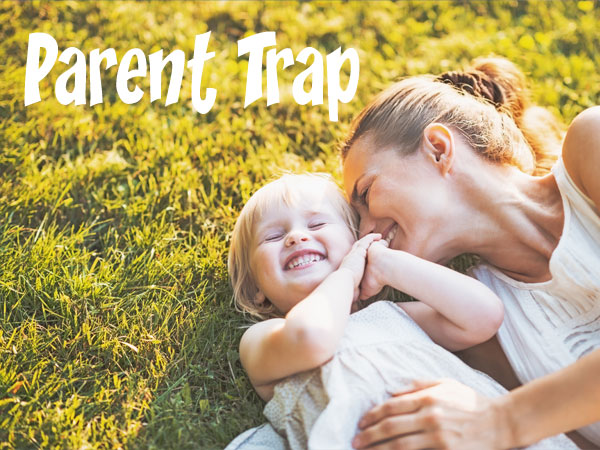Parents say they value empathy and compassion over achievement, but their actions often don’t match their values. When I ask parents to describe the kind of people they hope their children are by age 30, they typically list qualities like kind, caring, happy, balanced and living their passion. In 30 years, I have never had parents say getting straight A’s, being a youth basketball champion or attending an elite college.
Ask yourself: Where does most of my energy go in my parenting? What does our family focus on? Do we focus on grades and making the best club teams? Often, the message kids receive from their parents contradicts their end in mind.
A majority of youth say parents and teachers are more concerned with achievement than kindness. These same kids report that they and their peers value personal success over empathy. Despite parents’ intentions, their everyday words and actions drown out messages about compassion.
Empathic concern and perspective-taking has been declining over the past 30 years. One cause may be increased levels of stress and unhappiness. Stress tends to cause people to turn inward and focus more on themselves than others. A study in the 1970s demonstrated that seminary students who were told to rush across campus to deliver a sermon on the Good Samaritan were less likely to stop to help a person in need compared to students who were told to take their time. I worry that our busy and stressful lives prevent us from being aware of the needs of others and acting with compassion.
Developing empathy is important because empathetic people are generally happier, healthier and more effective at their jobs. They are more eager to collaborate, effectively negotiate, have stronger interpersonal connections, demonstrate compassion and offer support. In a recent study of nearly 900 middle school students, researchers found that participants with higher levels of empathy were more willing to stand up to a bully on behalf of someone outside their peer group. This is a critical finding because we know from research that the most effective antibullying programs are ones that focus on bystanders.
Consider what messages you are imparting to your children. Focus more on the journey than the destination, and don’t overvalue grades and test scores. At parent-teacher conferences, be more interested in what kind of citizen and friend your child is. Use everyday examples in movies, TV shows, books and their personal lives to help kids see things from someone else’s point of view. Have your kids take the perspective of people in leadership roles to raise their level of empathy and allow them to see themselves as a leader. Teach your children to respect people of all types despite perceived differences. Acknowledge them whenever they show kindness and compassion, in big ways and small.
Tim Jordan, M.D., is a behavioral pediatrician who works with girls in grade school through college. Check out his new online course, Parenting girls: The challenges girls face today with their feelings and friends and what they need, at drtimjordan.com.
